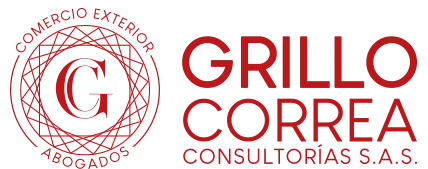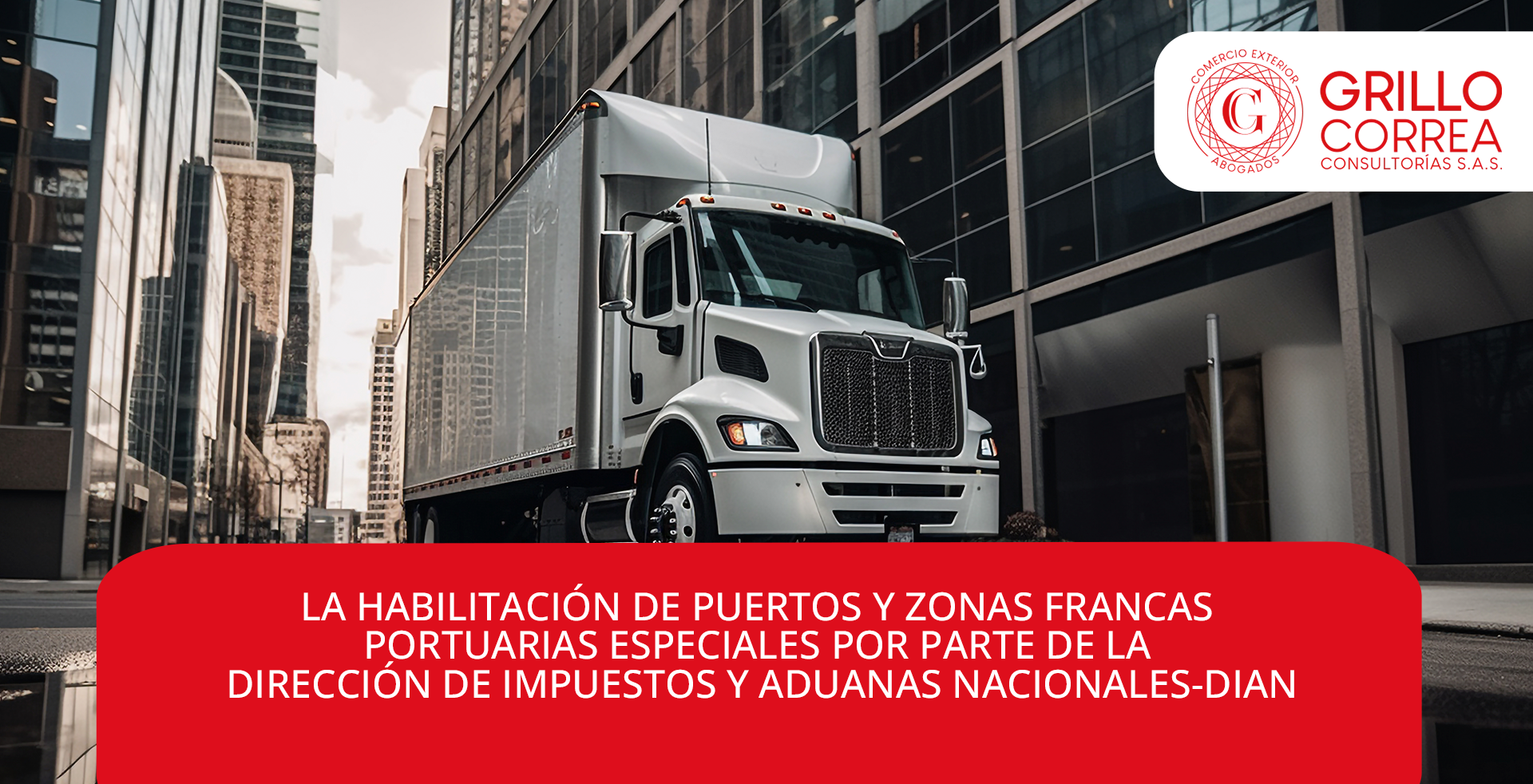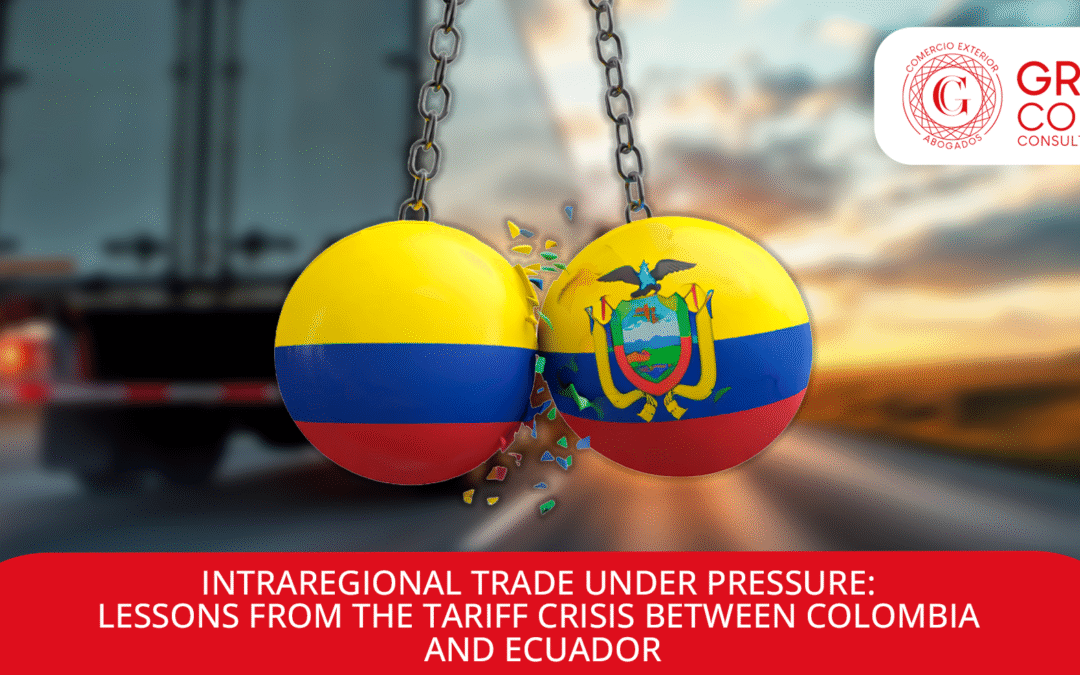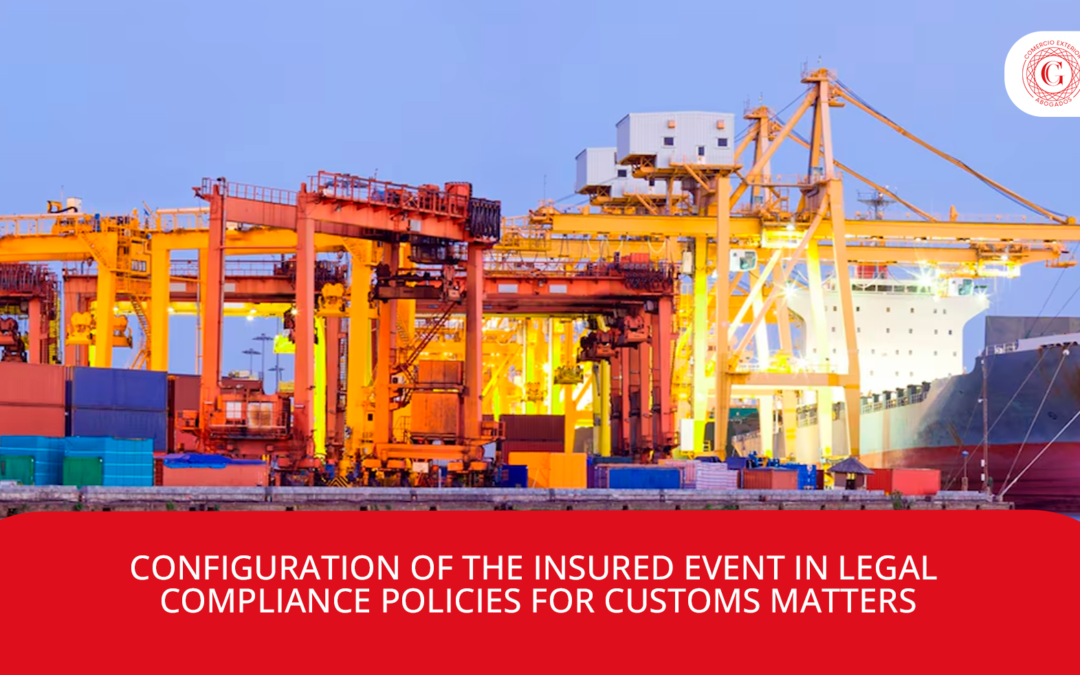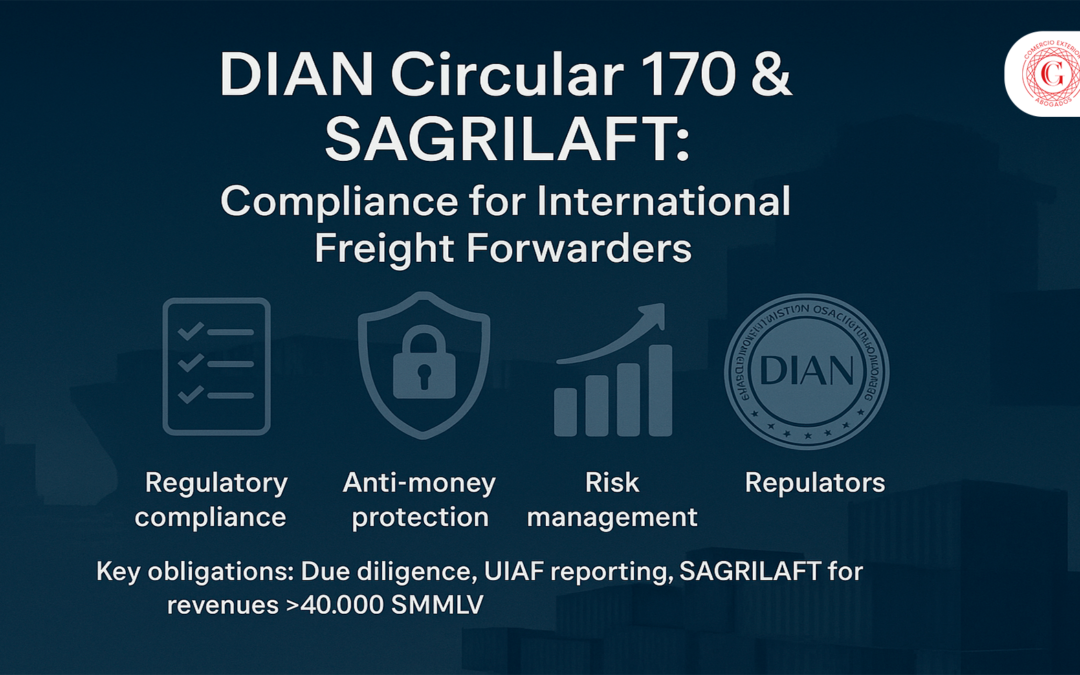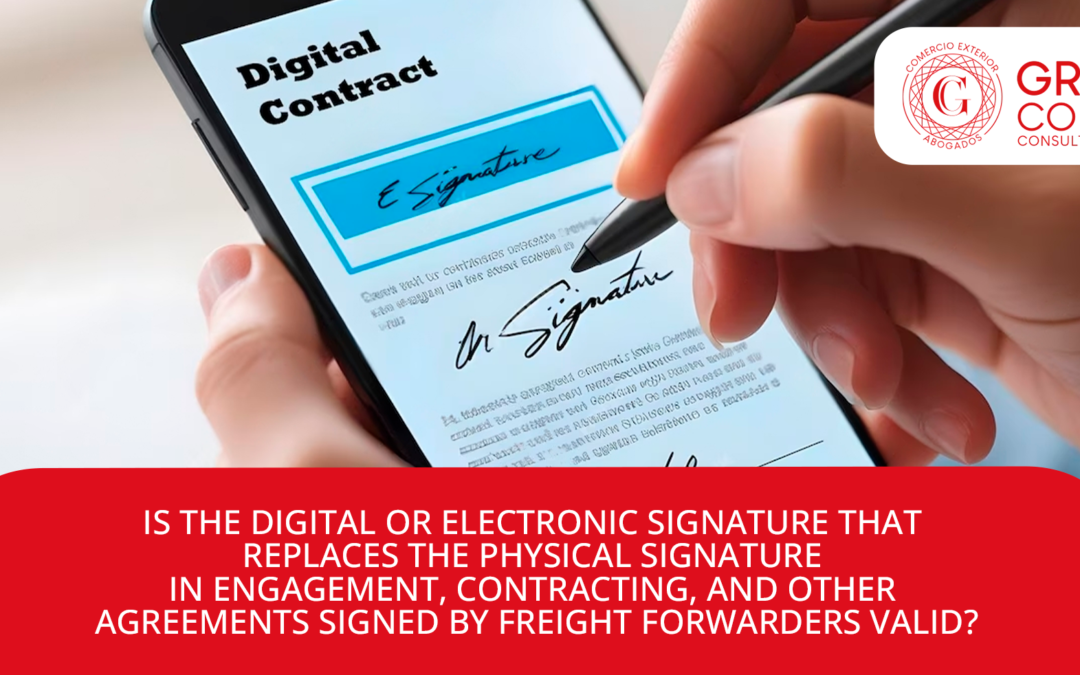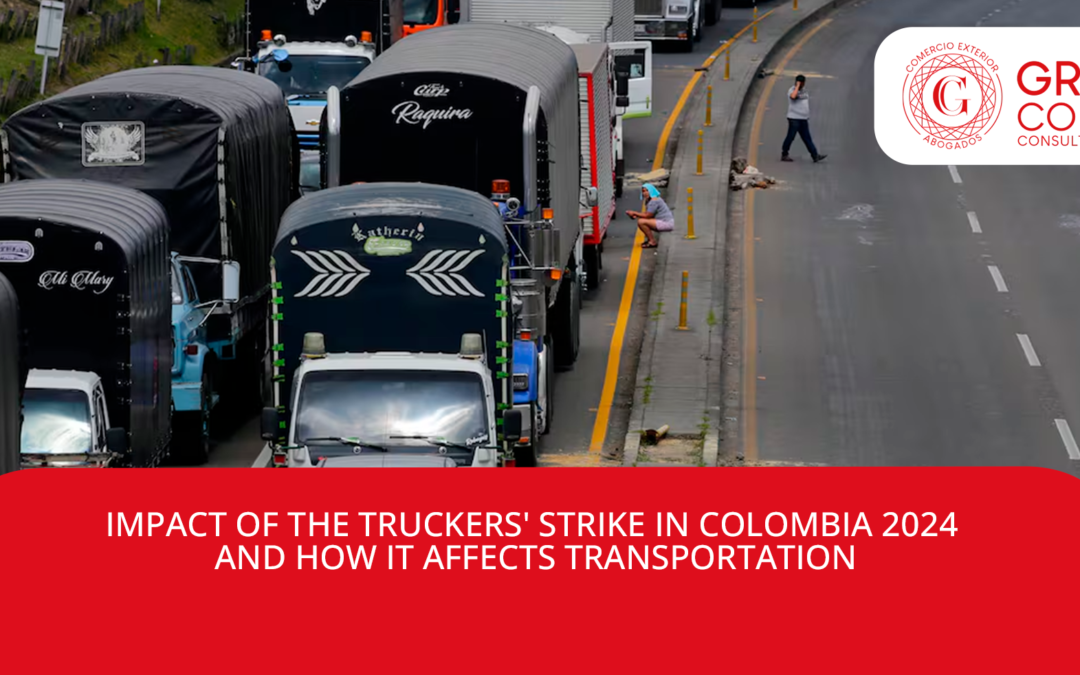Functions and Formalities: Customs Regulations in Ports and Free Zones according to DIAN 581
Through concept DIAN 581 dated March 22, 2024, the DIAN establishes that ports can have two functions: as an authorized place for the entry and exit of goods under customs control, and as a Free Trade Zone to carry out port activities. However, these functions require compliance with the customs formalities established by regulations.
This concept establishes that both the authorized port as a special permanent free trade zone, as well as the authorized port, must comply with customs formalities and regulations of the free trade regime.
YOU CAN ALSO READ –> PRE-DECLARATIONS OF IMPORT IN COLOMBIA
Restrictions and Documentation: Regulations for Ports with Dual Function according to Decree 1165 of 2019
In this context, there are certain restrictions for ports that operate in both roles simultaneously, such as the special permanent port free trade zone. These ports can receive two types of goods: those necessary for their operation, whose consignee is the port itself, and those consigned to third parties that enter the port as a primary zone. These latter goods are not essential for the operation of the port, unless otherwise determined.
Depending on the status under which the goods enter, the corresponding documents will be required according to customs and free trade regime regulations. In the case of entering under the status of a Special Permanent Free Trade Zone, the Goods Movement Form (FMM) or other required documents will be needed.
If they enter as a primary zone, compliance with the provisions of articles 75 and 77 of Decree 1165 of 2019, in accordance with articles 146 and following of the same decree, will be required.
YOU CAN ALSO READ —> THE VALUE OF CARGO IN MULTIMODAL TRANSPORT OPERATIONS FOR DOMESTIC ROUTES
Customs Warehouses and Free Zones: Storage of Goods and Customs Regulations
It is important to highlight that deposits enabled by the customs administration may store goods from third parties as long as they are at the place of arrival.
In summary, third-party goods entering through the authorized public port, also declared as a Special Permanent Free Trade Zone, are not subject to the provisions of the free trade regime. Only goods and infrastructure equipment necessary for the proper operation of the Special Permanent Free Trade Zone are subject to the free trade regime, allowing business transactions with other free trade zones.
If you have any questions and require specialized advice, remember that at GRILLO CORREA CONSULTORÍAS S.A.S., we are ready to assist you virtually and in real-time, to achieve the goals and recognition that you and your company deserve.
Prepared by: Omar Andrés Valbuena.
